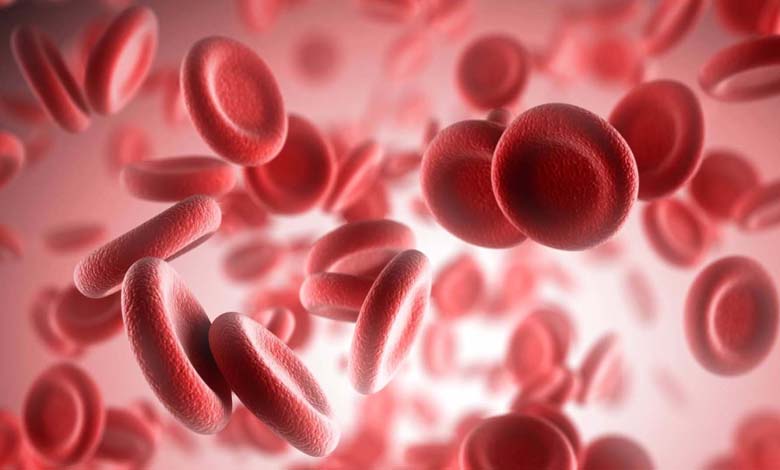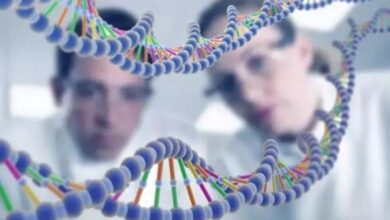Gwada-Negative: How Scientists Discovered the Rarest Blood Type in the World

An Exceptional Medical Discovery
The blood group known as Gwada-Negative is considered the rarest in the world, almost legendary in transfusion medicine. This extreme rarity puzzled scientists and doctors for many years, until genetic and immunological advances allowed for its identification and a better understanding.
-
Does Donating Blood Cause Weight Gain?
-
Effective Methods to Control Cortisol and Lower Blood Pressure
What is Gwada-Negative?
Guoda-Negative is characterized by the complete absence of a specific blood antigen present in the vast majority of the global population. This absence means that individuals with this blood type can only receive highly specific blood, making transfusions exceptionally complex.
Its rarity is such that only a handful of confirmed cases exist worldwide, often detected during blood compatibility tests in emergency medical situations. Gwada-Negative is typically linked to a very specific genetic mutation that is rare within the human gene pool.
-
Study: Controlling Blood Pressure Protects Against Dementia
-
This “Affordable” Device Detects Cancer with a Drop of Blood
The Discovery Process
The discovery of this rare blood group dates back several decades, but it was only with the advent of genetic sequencing and molecular analysis techniques that scientists could clearly identify it. By analyzing unusual blood samples, researchers noticed the absence of an immunologically active antigen.
Subsequent research focused on the genetic mechanisms behind this absence, revealing a specific mutation in a gene coding for a red blood cell membrane protein.
Why Is This Important?
This discovery has major implications for transfusion medicine and blood bank management. Identifying this rare blood group helps better protect patients from potentially fatal transfusion reactions.
It also highlights the importance of genetic diversity and the need for international cooperation to catalog and preserve rare blood samples, ensuring effective treatment for patients in need.
-
5 Steps to Lower High Blood Pressure
-
First in Jordan: Successful Kidney Transplant without Matching Blood Types of Patient and Donor
Medical Challenges
Individuals with Gwada-Negative blood type often face considerable challenges in emergencies requiring transfusions. Finding a compatible donor can be a near-impossible task, prompting medical centers to establish specialized networks.
Future Perspectives
With the advancement of personalized medicine, progress in gene therapy may one day allow these challenges to be overcome by genetically modifying blood cells. Furthermore, ongoing research continues to explore blood group diversity across populations worldwide, broadening our understanding of human variation.












